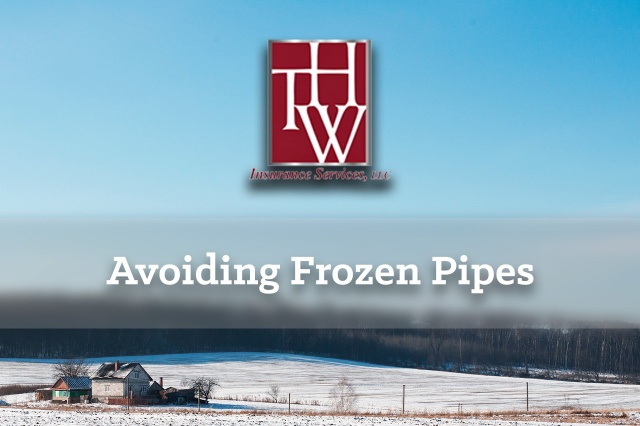Avoiding Frozen Pipes

One of the best ways to avoid catastrophe is to focus on prevention measures. Did you know that water expands in volume by nine percent when it freezes? This means that when water freezes inside of your pipes, it can easily cause the pipes to rupture. Once pipes rupture, it can cause leaks that can then lead to water damage, mold, and other hazardous situations. Specialists are usually needed to mediate the situations when pipes burst, so it is best to avoid the rupture altogether.
Freezing pipes eventually thaw out and the water then leaks into other areas. The areas that aren’t typically used to frozen temperatures pose the most risks and should be approached with the most caution. In order to have the best chances of avoiding freezing pipes, try using CPVC & PVC pipes because they are more flexible than copper. CPVC and PVC pipes can handle more pressure and frozen water than other materials, which prevents the pipes bursting.
Without a rupture, you don’t have to face claims. Prevention methods can keep you from experiencing the damaging effects of frozen pipes. In order to add another level of protection, though, consider your insurance coverage and how it will protect you in case of disaster. Contact us today to see how we can make sure that you will be protected in case of frozen pipes and property damage due to extreme weather.

Read Comments